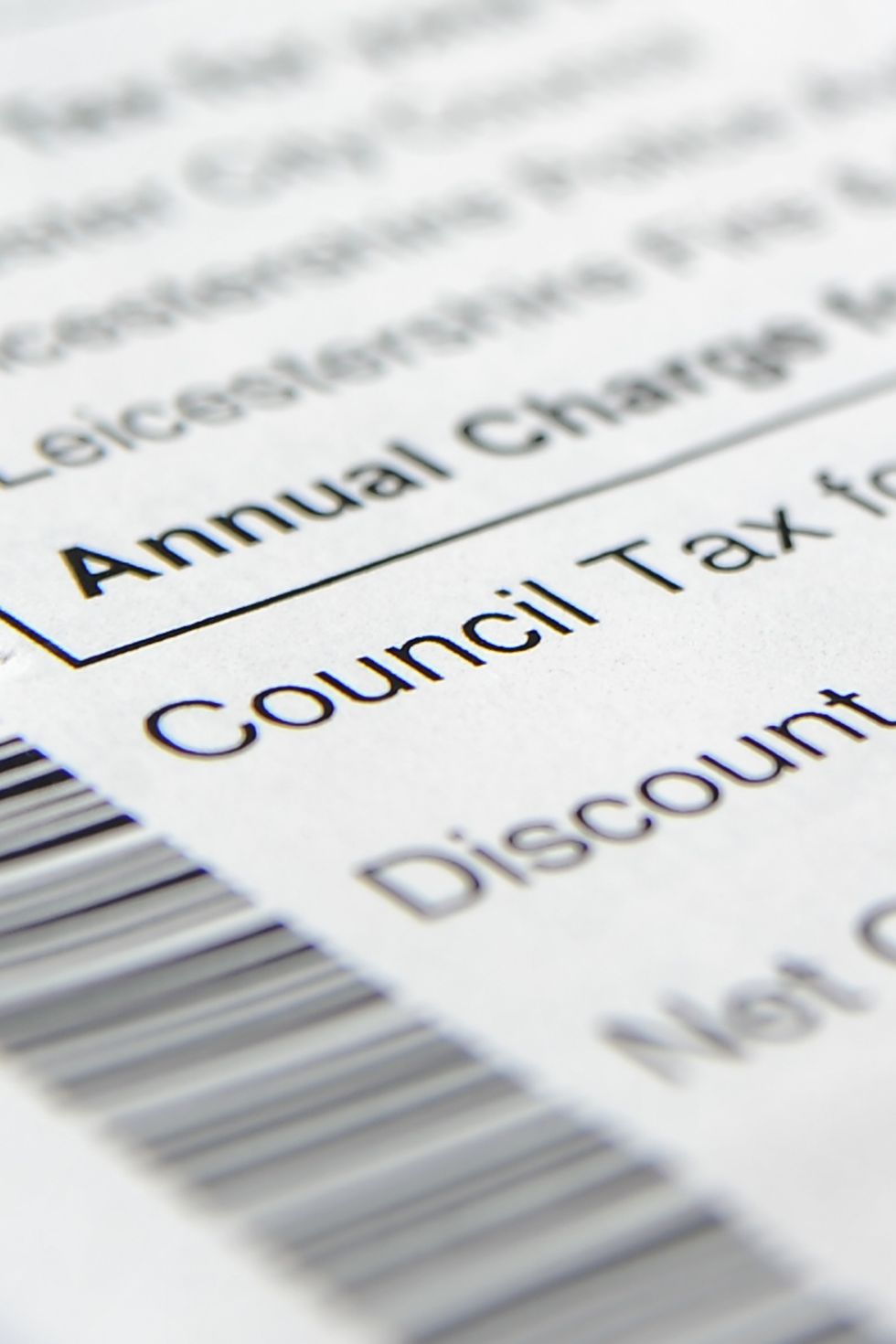A Norfolk village is facing a potential council tax hike of 230 per cent after its parish council’s community centre project spiralled out of control.
Residents of Easton, on the outskirts of Norwich, could see their annual parish council tax payments rise from £44 to £145 for Band D properties as the local authority grapples with mounting financial difficulties.
The dramatic increase comes after costs for a new village hall project more than doubled to £3million, leaving the parish council struggling to make ends meet.
The scheme, launched in 2021, was intended to replace the existing village hall with a facility three times its size.
The project’s initial £1.5million budget has been severely impacted by inflation, driving up costs for both labour and materials.
The parish council had planned to fund the scheme through a combination of loans, co-investment with South Norfolk Council and Community Infrastructure Levy money from local housing developers.
 Taxpayers are struggling with the unsustainable burden of council taxPA
Taxpayers are struggling with the unsustainable burden of council taxPAHowever, the total cost has now increased to more than £3million, forcing councillors to consider extreme measures to address the shortfall.
The proposed council tax increase would see Band D properties in Easton paying £145 annually towards the parish, compared to the current rate of £44.
This would bring Easton’s parish precept in line with neighbouring towns like Costessey, where Band D households already pay £143 to local authorities.
The council is currently facing £137,000 in outstanding fees related to the community centre which still need to be paid.
Monthly loan repayments to the government are placing additional strain on the parish’s finances.
The situation has become so dire that councillors – most of whom were not on the authority when the project began – have taken on maintenance tasks themselves to reduce costs.
These elected officials are now personally handling duties like graffiti removal and maintaining playing fields, benches, allotments and dog waste bins.
Even with the proposed tax increase, it remains unclear how the council will address the £137,000 in outstanding community centre costs, as the potential tax rise would only help balance ongoing operational expenses.
The financial pressures have forced the council to seek alternative ways to maintain basic services while managing the mounting debt.
Mark Caton, parish council chairman emphasised that the proposed tax increase represents a “worst case scenario,” with the authority actively exploring other options.
The council is investigating ways to extend loan repayment periods to ease the immediate financial burden.
Some councillors have voiced opposition to any “hefty increase” in the parish precept, expressing concerns about passing the burden of loan repayments to taxpayers.
The parish council has agreed to approach South Norfolk Council for additional support.
Margaret Dewsbury, who represents Easton at South Norfolk Council, said the authority would “see what it can do” to help the parish find a way forward.
The council is now balancing the urgent need to maintain local services while seeking solutions to its financial crisis.